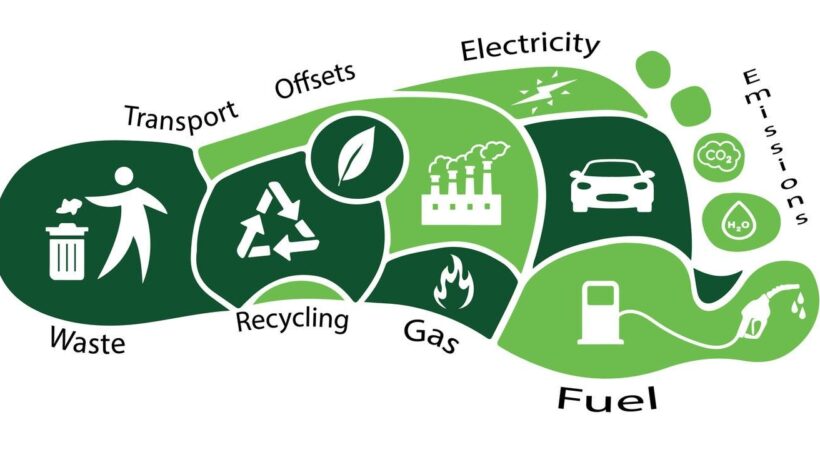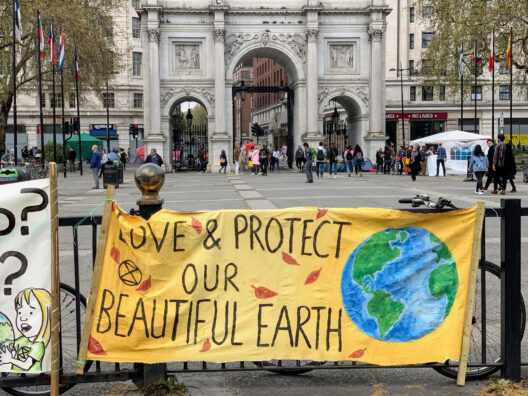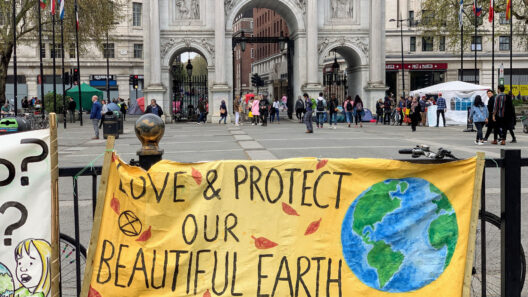In a world teetering on the precipice of environmental collapse, understanding one’s carbon footprint becomes an imperative for every individual. The concept of a carbon footprint encapsulates the total greenhouse gas emissions, directly and indirectly associated with an individual’s lifestyle choices. It offers a quantifiable measure that allows us to grasp the impact of our daily actions—ranging from the energy consumed at home to the vehicles we drive and the food we eat.
Various methodologies exist to calculate carbon footprints, often employing carbon calculators that analyze factors such as travel, electricity usage, and waste. By estimating emissions in this way, individuals gain insight into the extent of their contributions to global warming. A startling realization comes to the forefront: the choices made in day-to-day life significantly obscure—or amplify—one’s ecological impact. It is this enlightenment that emboldens the imperative to transcend complacency and embrace conscious choices.
Conscious choices arise from the understanding that we are not merely consumers, but integral participants in the climate ecosystem. Each purchase and lifestyle decision has ripple effects that can either exacerbate or alleviate climate issues. For instance, opting for a plant-based diet can drastically lower one’s carbon footprint, as livestock farming generates substantial greenhouse gases compared to plant agriculture. Additionally, selecting locally sourced products mitigates transportation emissions, bolstering both local economies and reducing fossil fuel dependency.
Moreover, energy consumption habits serve as another crucial area for transformation. Embracing renewable energy sources—such as solar, wind, or geothermal—can not only reduce one’s emissions but also enhance energy independence. Implementing energy-efficient appliances, LED lighting, and smart home technologies creates an opportunity to significantly diminish electricity usage and foster sustainability at an individual level. Each small change amplifies into a collective movement, fostering a culture of accountability and eco-consciousness.
Waste management often appears as an overlooked aspect of climate action. The adage “reduce, reuse, recycle” encapsulates a methodology for diminishing one’s carbon footprint through conscientious waste practices. Prioritizing reduction at the source leads to decreasing resource extraction and subsequent emissions associated with production and disposal. Transitioning to a circular economy model encourages the recovery and reuse of materials, thereby curtailing landfill usage and its associated methane emissions.
Engagement in community initiatives further strengthens the framework of personal accountability. Local environmental organizations often spearhead projects aimed at reforestation, clean-up drives, and awareness campaigns. By participating in grassroots movements, individuals elevate their commitment to climate action, fostering community spirit while addressing local environmental concerns. Such collaborations can also bridge the chasm of apathy that often prevails in discussions about climate change, replacing it with shared purpose and vision.
Education serves as an indispensable tool in this endeavor. It is essential to become an informed advocate for the planet. Delving into the scientific underpinnings of climate change fosters a nuanced understanding of its mechanisms and consequences. Engaging with literature, attending workshops, or pursuing courses on sustainability builds a robust foundation upon which informed choices are made. Knowledge catalyzes actions, paving the way for an enhanced consciousness about the ecological repercussions of individual behaviors.
It is equally imperative to recognize the influence of policy advocacy in the fight against climate change. Leveraging one’s voice to advocate for legislation that prioritizes environmental protection can result in systemic change. Highlighting the importance of renewable energy investments, promoting stricter emissions regulations, and supporting conservation efforts are ways individuals can make their concerns known to policymakers. Collective advocacy amplifies the impact of individual choices, galvanizing societal transformation at larger scales.
Another potent area lies in the digital realm. Social media platforms are battlegrounds that can wield significant influence over public perception and awareness concerning climate action. By sharing knowledge, resources, and experiences, individuals can broaden the reach of climate discourse. Constructive dialogues around sustainable practices can inspire improvements within personal networks and foster collective action among diverse groups.
As one contemplates their role in this critical juncture, it is vital to acknowledge that climate action transcends singular efforts. While personal lifestyle changes are critical, they need to act in concert with collective endeavors. Climate change is a global dilemma requiring an integrated approach that combines individual initiatives, community activism, and global policy reforms. It is undeniably a daunting task, but each person possesses the inherent capacity to instigate significant transformations.
Ultimately, the journey from understanding one’s carbon footprint to adopting conscious choices fosters an enlightening experience. This awareness propels a paradigm shift, redefining our relationship with the environment, the economy, and our societal framework. It is upon every individual to realize that they hold the potential to contribute meaningfully to climate action. The synergy between informed decisions and collaborative efforts becomes a powerful antidote to the existential threat posed by climate change. In the pursuit of sustainability, we are not merely beneficiaries of the natural world—we are, with deliberate intention, its stewards.








